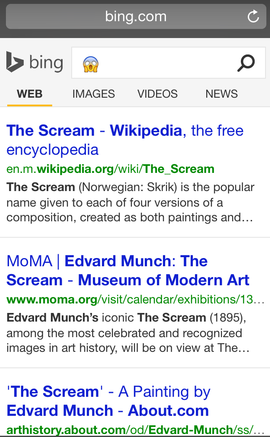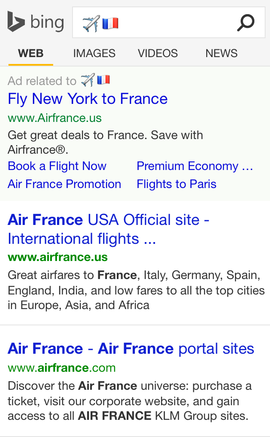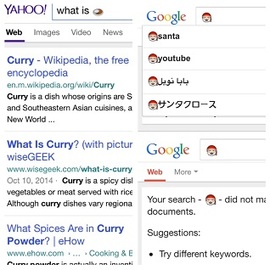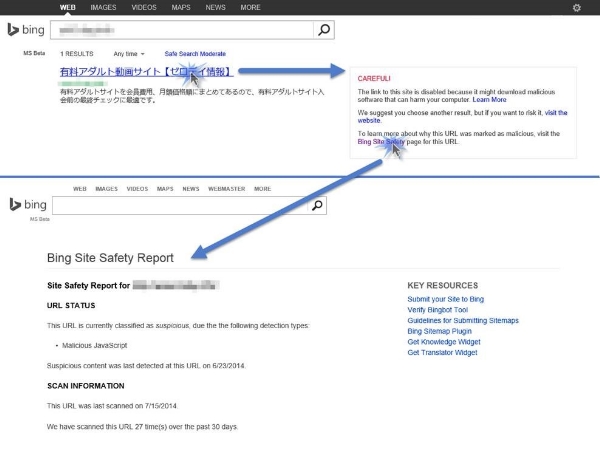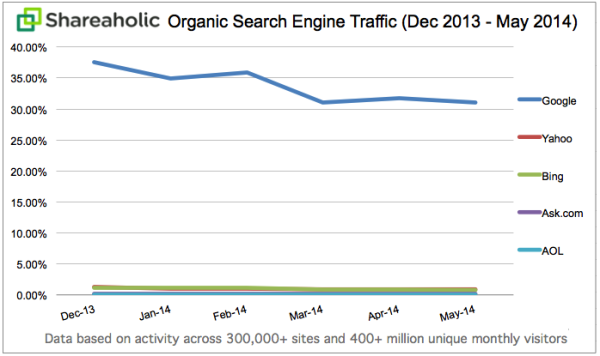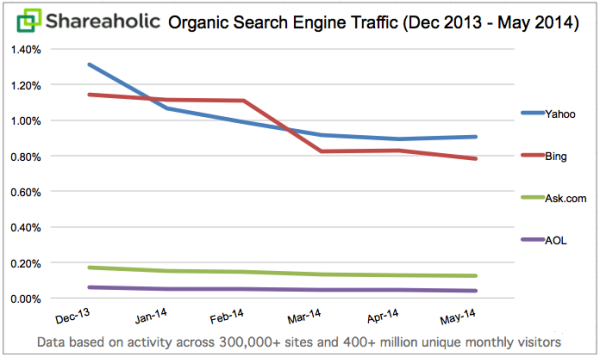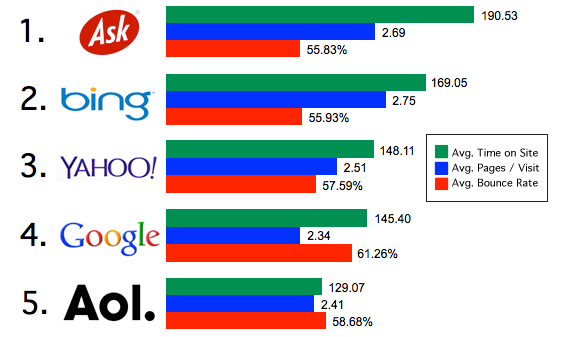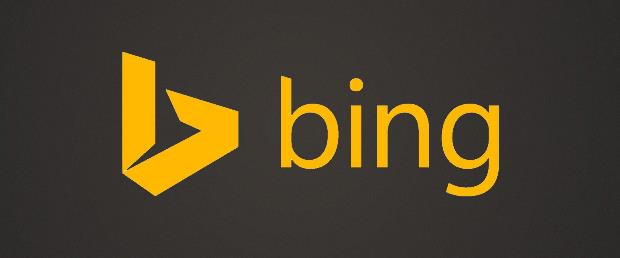
While most people are getting ready for Halloween by preparing their costumes and making sure they have plenty of candy for trick-or-treaters, Bing is getting prepped by launching Halloween-related Cortana searches and a special Bing map showing the locations for haunted houses in the US, UK, and Canada.
In fact, Bing is prepared to help you make a last minute costume decision if you’ve waited this long. Just ask Cortana, “What should I wear for Halloween?”
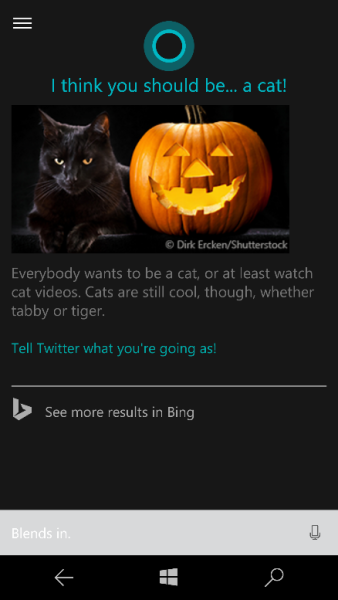
Cortana’s holiday spirit doesn’t end there. The search system has a new “guess the horror movie game” that will help keep you bide the time until Saturday. To start the game, just use the phrase “guess the horror movie.”
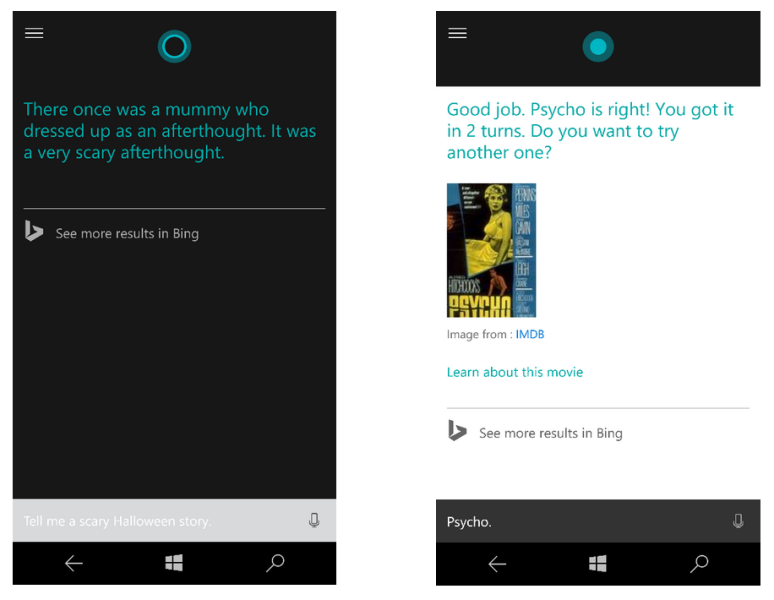
Big Maps has also been given a spooky makeover for Halloween, complete with a “frighteningly fun color palette and a new set of Halloween-themed icons.” The map has been updated to also highlight local haunted house locations for Bing users in the US, UK, and Canada.

Bing is also making changes to how they show e-commerce results for costumes just in time for the holiday. The company says costume images from e-commerce sites will now include its shopping cart badge sowing how many sites have the specific costume for sale.
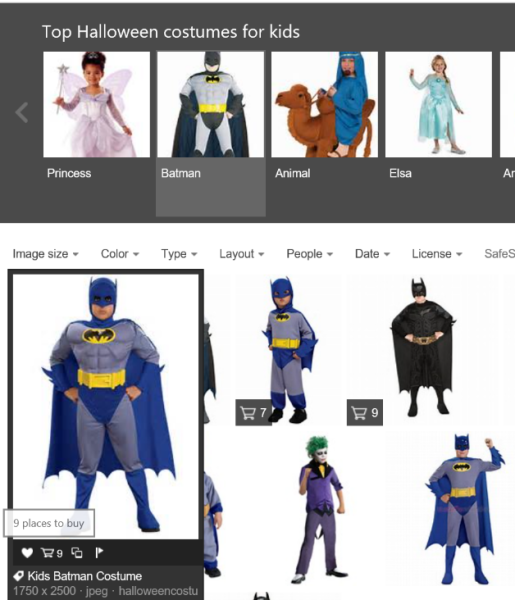
A similar badge will also be used on food images to direct users to recipes for frighteningly delicious Halloween treats.

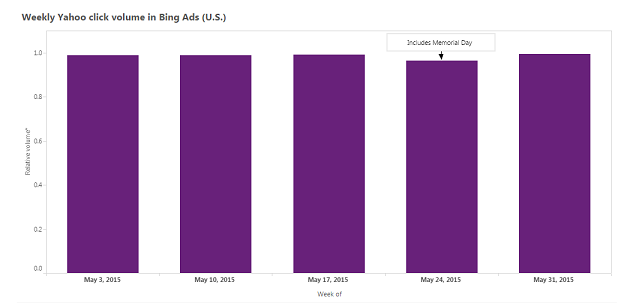
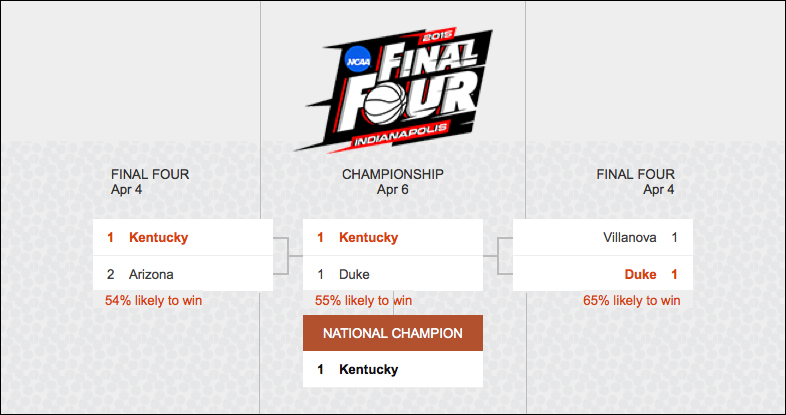
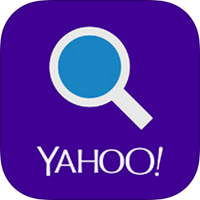 According to new data from web traffic analytics provider
According to new data from web traffic analytics provider 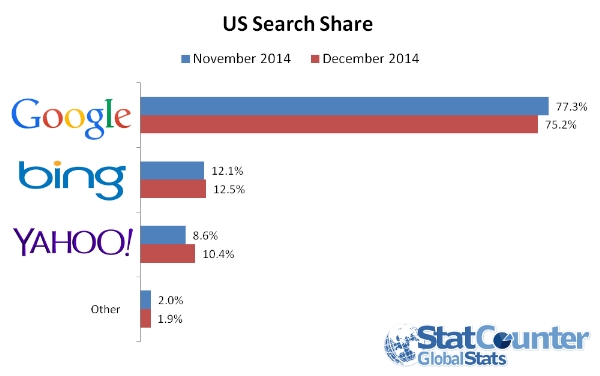
 Over the past few years, search engine optimization (SEO) has endured a drastic shift from focusing on building link profiles filled with as many links of any quality that you could accumulate to emphasizing the value sites offer to users by assessing content quality. Of course, as the shift has occurred many online marketers were left wondering “what exactly is quality content and how do search engines judge my content?”
Over the past few years, search engine optimization (SEO) has endured a drastic shift from focusing on building link profiles filled with as many links of any quality that you could accumulate to emphasizing the value sites offer to users by assessing content quality. Of course, as the shift has occurred many online marketers were left wondering “what exactly is quality content and how do search engines judge my content?”
